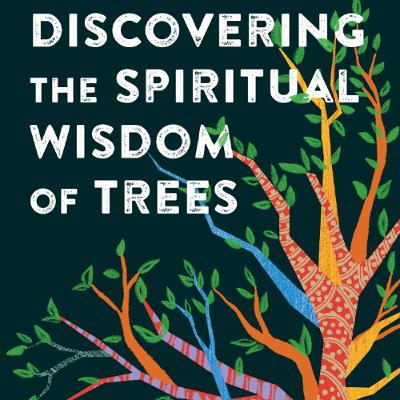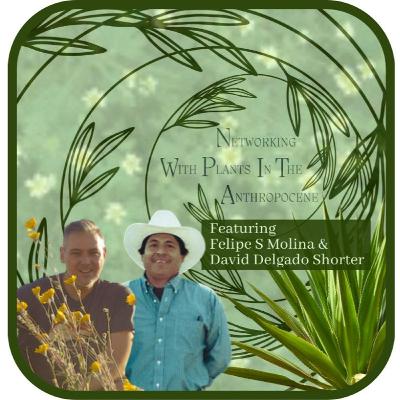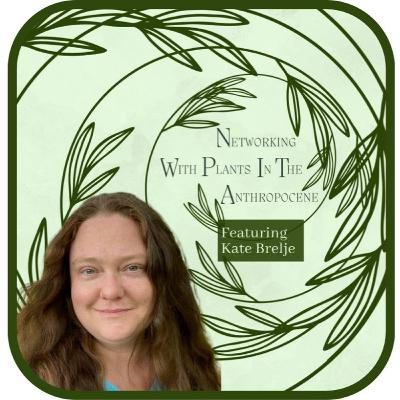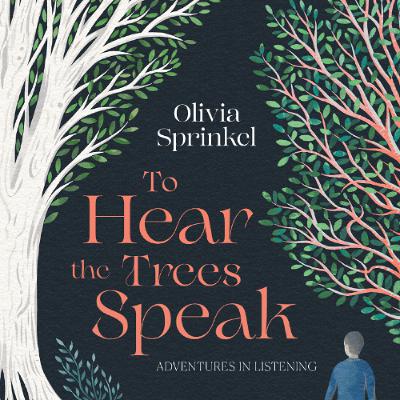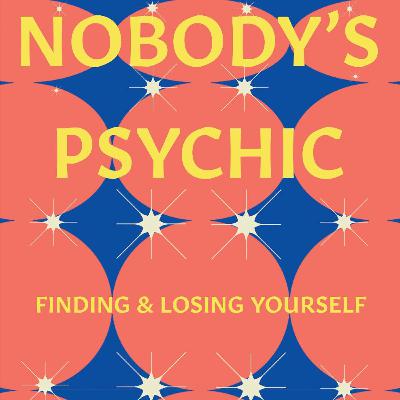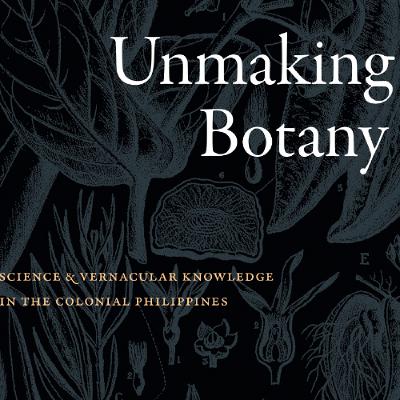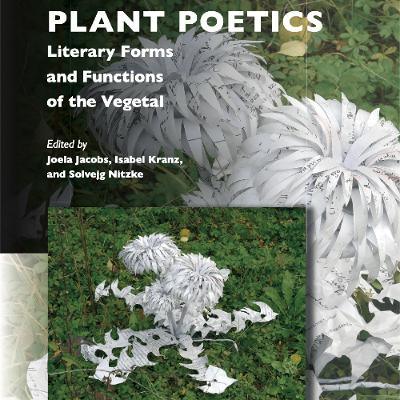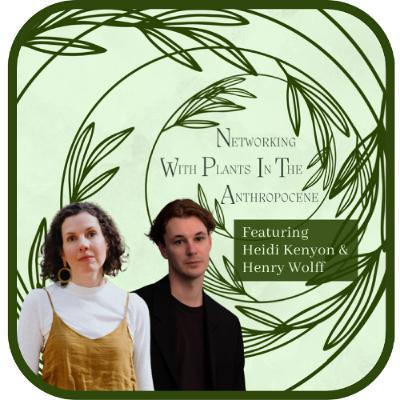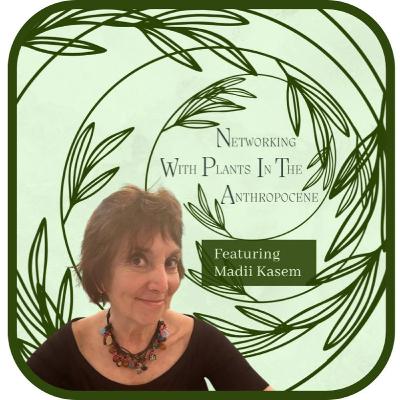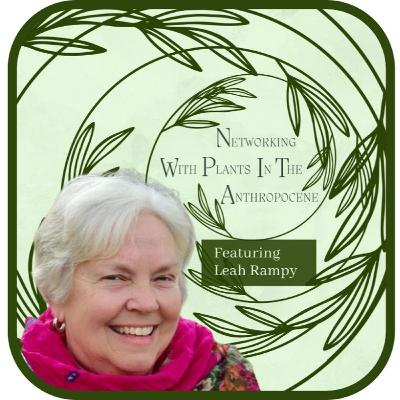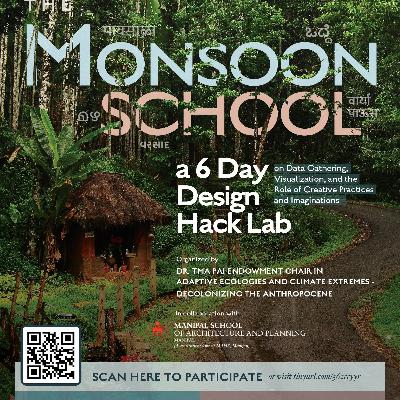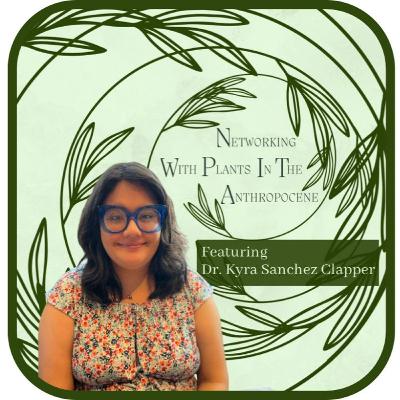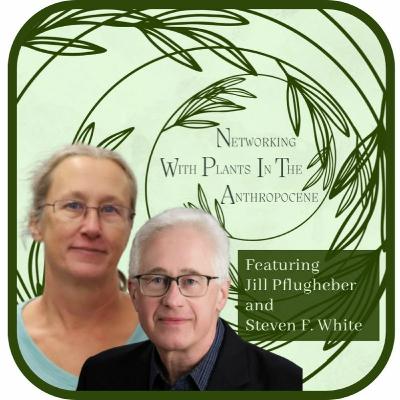Podcast Networking with Plants in the Anthropocene
Subscribed: 11Played: 22
Subscribe
© All rights reserved
Description
The evolution of plants has been so successful that today they account for the majority of living biomass on Earth. Humans, along with all other animals, exist thanks to plants, and we can continue to exist only in relationship to them. Plants are all around us, but we tend to overlook their importance in our everyday lives. Plants are essential not only to every breath we take, but also to our food, medicine, shelter, and clothing. Still, most of us walk through life and ‘nature’ without recognizing plants as the beings shaping the planet.
The Vegetal Turn
Given the magnitude of challenges facing the Earth, recent years have seen a renewed and growing attention to plant life across the humanities as well as in the social and natural sciences. This Vegetal Turn is generating transdisciplinary conversations within and beyond academia that seek to create awareness of plant lives and stories and that pursue respectful relationships with plant beings by advancing an ethics of care. How can we better understand the role and agency of plants in shaping on Earth? What does respect mean when engaging with a forest, a field, an orchard, or a potted plant? How do we advance a transition from thinking to acting, from research to practice, in our connection with plants?
What actions are now needed?
We believe that the current challenges of the Anthropocene offer a compelling and urgent opportunity to advance a movement for thinking and engaging differently with plants as well as for increased allyship and exchange between researchers, practitioners, educators, and activists. Networking with Plants in the Anthropocene is a newly created network for those involved in research, education, and advocacy for human-plant relationships of care and reciprocity, and a collaboration between the Consortium of Environmental Philosophers, The Plant Initiative, the Literary and Cultural Plant Studies Network, the Eternal Forest project, and other groups. We invite connections with additional existing and incipient networks and communities concerned with plants and ethical plant-human relationships to carry out multidisciplinary projects. Such a “polyculture of ideas” will bring together Indigenous and non-Indigenous science, literature, philosophy, poetry, art, anthropology, education, botany, and environmental activism.
What do we do?
Networking with Plants in the Anthropocene aims to create and offer tools, content, and methods for transdisciplinary and transgenerational environmental education engaging with the Vegetal Turn that isinternational but locally grounded. The network collaborates to advance outreach and education for the general public through books, conferences, videos, podcasts, and other educational materials, both online and in person. Networking with Plants in the Anthropocene is built on a foundation that is respectful of Indigenous and local botanical knowledges, contemporary scientific discoveries, and world philosophies and literatures. We support generative ways to cultivate educational pathways through art, stories, songs, ceremonies, and individual experiences as well as opportunities for collaborative action.
We welcome your support for the goals of better understanding plants and aligning human behavior with plants in more ethical and respectful ways. For more information or to join in this initiative, please contact us: networkingwithplants@gmail.com
Who We Are
Networking with Plants in the Anthropocene’s Steering Committee:
Alice McSherry
Anna Perdibon
Deepta Sateesh
Evgenia Emets
Joela Jacobs
Kate Brelje
Marcello Di Paola
Paul Moss
thinkingintheworld.com/projects/netw…anthropocene/
The Vegetal Turn
Given the magnitude of challenges facing the Earth, recent years have seen a renewed and growing attention to plant life across the humanities as well as in the social and natural sciences. This Vegetal Turn is generating transdisciplinary conversations within and beyond academia that seek to create awareness of plant lives and stories and that pursue respectful relationships with plant beings by advancing an ethics of care. How can we better understand the role and agency of plants in shaping on Earth? What does respect mean when engaging with a forest, a field, an orchard, or a potted plant? How do we advance a transition from thinking to acting, from research to practice, in our connection with plants?
What actions are now needed?
We believe that the current challenges of the Anthropocene offer a compelling and urgent opportunity to advance a movement for thinking and engaging differently with plants as well as for increased allyship and exchange between researchers, practitioners, educators, and activists. Networking with Plants in the Anthropocene is a newly created network for those involved in research, education, and advocacy for human-plant relationships of care and reciprocity, and a collaboration between the Consortium of Environmental Philosophers, The Plant Initiative, the Literary and Cultural Plant Studies Network, the Eternal Forest project, and other groups. We invite connections with additional existing and incipient networks and communities concerned with plants and ethical plant-human relationships to carry out multidisciplinary projects. Such a “polyculture of ideas” will bring together Indigenous and non-Indigenous science, literature, philosophy, poetry, art, anthropology, education, botany, and environmental activism.
What do we do?
Networking with Plants in the Anthropocene aims to create and offer tools, content, and methods for transdisciplinary and transgenerational environmental education engaging with the Vegetal Turn that isinternational but locally grounded. The network collaborates to advance outreach and education for the general public through books, conferences, videos, podcasts, and other educational materials, both online and in person. Networking with Plants in the Anthropocene is built on a foundation that is respectful of Indigenous and local botanical knowledges, contemporary scientific discoveries, and world philosophies and literatures. We support generative ways to cultivate educational pathways through art, stories, songs, ceremonies, and individual experiences as well as opportunities for collaborative action.
We welcome your support for the goals of better understanding plants and aligning human behavior with plants in more ethical and respectful ways. For more information or to join in this initiative, please contact us: networkingwithplants@gmail.com
Who We Are
Networking with Plants in the Anthropocene’s Steering Committee:
Alice McSherry
Anna Perdibon
Deepta Sateesh
Evgenia Emets
Joela Jacobs
Kate Brelje
Marcello Di Paola
Paul Moss
thinkingintheworld.com/projects/netw…anthropocene/
48 Episodes
Reverse
Comments



